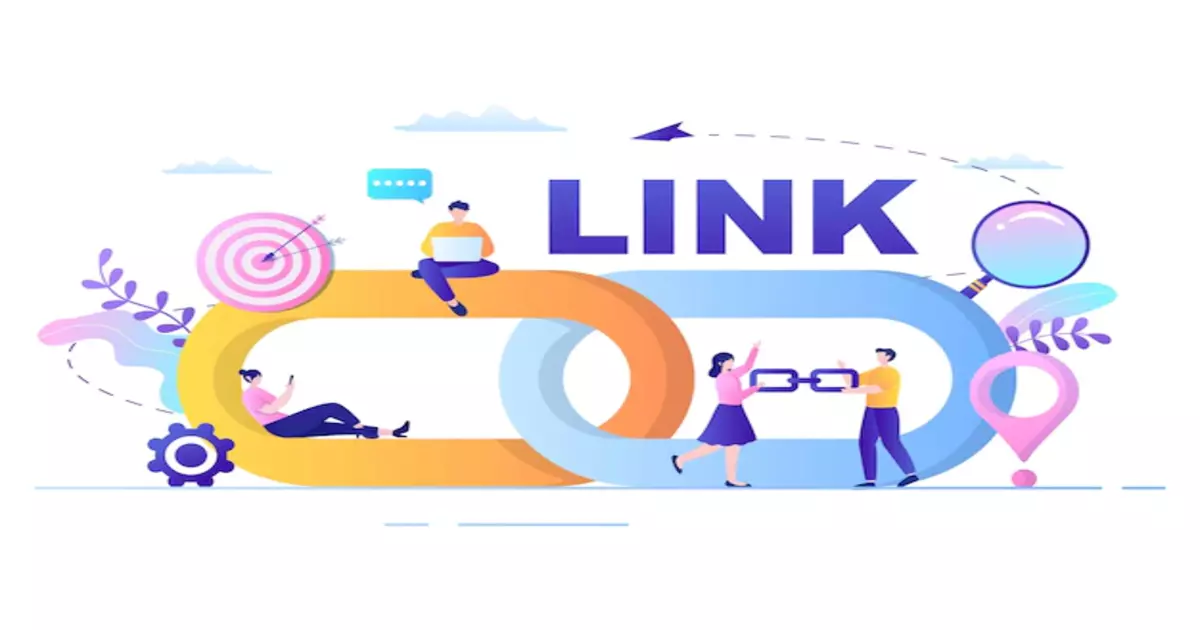What are paid links?
Paid Links: Search Engine Optimization (SEO) is a game of luck. And stats are important to your success in rising the ranks. The amount of backlinks linking to your domain is among the most vital figures on your site.
Backlinks are a symbol of trust and credibility, which is why they are so essential in SEO.
There are three kinds of links you may get for your website: natural, gross, and paid. Natural links are links that your web obtains from other sites as a result of the development of connections and the act of posting links with others. Earned links are links that you receive for free, uninvited, and without payment.
Paid links are links purchased from other websites and displayed on your website. These can take several forms, such as advertising, online ads, and paid product placements.
How would paid links expand SEO?
There is much debate about whether or not bought links boost your SEO.
What Google advertises, and what is becoming increasingly common, is that buy links will not enhance your organic search ranks since Google "gets better" at overlooking them.
Every SEO who works in a rising sector, on the other hand, pays for links. This is due to the fact that no one links to such firms for free. Everyone know that casinos, for instance, make a lot of money from their players and thus have enormous ad spend.
This has consistently been the case, and it hasn't altered since the early 2000s, while Google became the dominant, connection search engine. Because their industry is no-go from using Facebook, Linkedin, or other platforms, high-margin companies frequently rely only on organic SEO and sponsored links for online marketing.
The risks of paid links in SEO
Paid links, like any other method in your SEO strategy, should be evaluated against the rewards. On the one hand, bought links can be a fantastic strategy to increase your SEO. Your link profile will be fill with links from reputable websites, which will boost your overall trust and credibility.
Paid links are also more visible than natural links in general. In their links, they frequently use criteria such as money anchor texts.
Link Detox specialises in detecting fraudulent links, just like Google.
Paid links are not without danger. It is critical to understand the link-acquisition process as well as the many link kinds available.
Purchasing from public information purchased link lists, as explained above, quickly jeopardises your rankings.
How to include paid links into your SEO tactic
Paid links can be use in a variety of ways in your SEO strategy. Firstly, you may decide to purchase strong backlinks from relevant websites to make them "look natural". However, for Google, this is still a breach of their policies.
Most SEOs use Link Detox "off-label," which means they examine which links have a significant Link Detox Risk and avoid creating those links in the first place.
Several SEOs keep their link audits up to date and eliminate any high-risk links. Yes, buy links are frequently recant after a particular time limit to prevent a Google penalty.
Paid links: are they a google ranking factor?
In this post, we'll look at whether purchased links can genuinely help you rank higher.
The plan is to use purchased links as a ranking element.
Paid links are clearly define in Google's Webmaster Guidelines. They do not want them to have an impact on search rankings. If you can't reveal that it was a buy link and made sure there was no trace of it, that connection would bring the same advantage as any organic link.
If you didn't reveal that it was a buy link and make sure there was no trace of it, that connection would bring the same advantage as any organic link.
The proof for paid links as a position factor
We already know that links pass PageRank and have an impact on
search rankings. That is not a question. The rel data points in the link's
tag is how you describe that connection to Google:
- rel="sponsored" indicates that this is an ad and paid content. It will not pass PageRank and will be ignored by Google.
- The rel="gun" tag states, "This is user-generated stuff.
If you elect not to reveal a paid link or sale, you may gain in terms of ranking.
Paid links can also make ranking difficult.
If Google sees that you are leveraging paid links to influence the algorithm, your site may be cut from the index.
People have been seeking to alter links and profit from selling them - and Google has been rejected - since the engine's creation.
Paid Links: proceed with caution
SEO professionals have long argued what defines a purchased link or whether Google has the power to force advertisers to reveal the connections behind links.
- Getting or selling PageRank-passing links. This includes the following:
- Sharing money for links or posts with links.
- Providing goods or services in return for links.
- Sending a "free" goods to someone in exchange for them praising it and attaching a link.
- PageRank-passing text advertising.
- Paid advertising or native advertising in which articles with PageRank-passing links are pay.
Paid links act similarly to any other link except when they are:
- Using rel data points, designated as sponsor or nofollow.
- Algorithmically found to have been mess with.
- Directly reported or discovered as unknown sponsored links.
